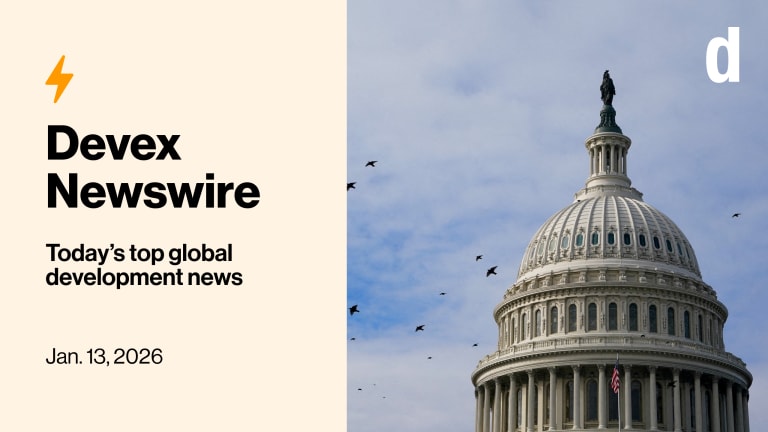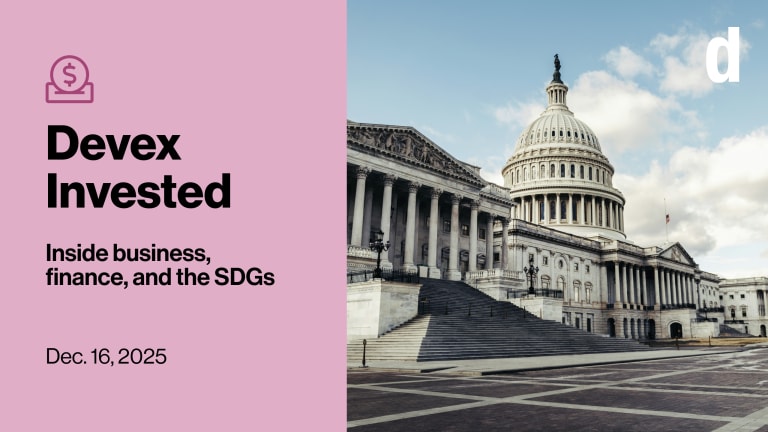
EDITOR’S NOTE: There are three key reasons why the Senate’s long-awaited Electrify Africa Act of 2015 is important for U.S. development, foreign and commercial policy in sub-Saharan Africa. Ben Leo, senior fellow and director of the rethinking U.S. development policy at the Center for Global Development, explains in this commentary.
On Tuesday, the U.S. Senate Foreign Relations Committee, led by Chairman Bob Corker and ranking member Ben Cardin — the Republican and Democrat senators from Tennessee and Maryland, respectively — dropped its long-awaited Electrify Africa Act of 2015. This follows a House companion version, which was introduced in June. Both actions are good news for U.S. development, foreign and commercial policy in sub-Saharan Africa. Whereas the last Congress was unable to get similar legislation over the finish line, we are hoping that this one will get the job done. There are three key reasons why this is so important.
First, it would provide a long-term authorization for President Barack Obama’s Power Africa initiative. This is absolutely essential given the time required to overhaul and expand complex power systems. Put differently, this is a long-term initiative that requires long-term bipartisan support. Absent conclusive congressional action, Power Africa has a real risk of fizzling out after the current administration leaves office.
Second, the Electrify Africa Act would require that the president outline a comprehensive “all of the above” strategy for boosting energy access. This doesn’t just pertain to power generation sources. It also means focusing on other critical components of the energy sector chain — including transmission and distribution — and regulatory frameworks. Naturally this leads to questions that extend beyond the increasingly stale debate over “on-grid” and “off-grid” solutions, including those about how to provide access to the roughly 31 million Nigerians living “under the grid” but without a grid connection for any number of reasons. While Power Africa has pursued an “all of the above” strategy, it is unclear how some of the initiative’s individual projects and programs fit together. This requirement of the legislation will help address this challenge as well as formalize some of Power Africa’s more opportunistic efforts.
Third, this bill is chock full of reforms to U.S. development agencies. In some ways, it actually could be called the OPIC Reform Act of 2015. Many of these reforms are limited solely to the African power sector, such as simplifying the approval process for smaller energy projects or allowing for local currency guarantees to facilitate local lending.
Others would affect the Overseas Private Investment Corp.’s overall governance structure and all of its financing activities, making the agency more efficient, effective and accountable to U.S. taxpayers. This includes requiring that OPIC publicly disclose detailed information on all of its sponsored projects, making OPIC’s board of directors bipartisan, and establishing the agency’s own inspector general position that reports directly to OPIC’s board of directors.
There is still a long path to climb before this bill becomes law. But Tuesday was a big milestone. And it is heartening that there continues to be strong, bipartisan support for helping to address African energy poverty.
Edited for style and republished with permission from the Center for Global Development. Read the original article.








